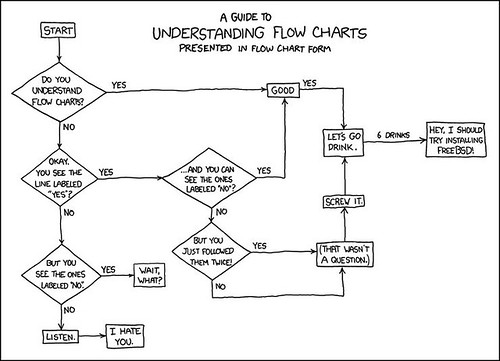How to Stop Hating Anxiety | Ep. 440
2 days ago
Obsessive Compulsive Disorder, Exposure Therapy and the Hope of Getting Better
I know that exposure should also work for this type of "anxiety," but sometimes it's hard to conceptualize how changing my behavior will change my opinion about the way something "has to" be done.I've been here! Many times. For me, it is sometimes a stalling tactic on the part of my OCD--"get it all worked out before you even start"--"know everything in advance, before you begin." When my OCD says, "Do it this way. Do it perfectly. Or don't do it at all" I divert into distraction so quickly I often don't notice I've done it, and go into avoidance mode, which ultimately comes back to haunt me when I snap out if it hours later, and I haven't done the things I really value in my life, like make art, or be with friends, or write this blog. My "regular" anxiety is probably a fraction of the intensity of all the anxiety I fear is waiting for me if I stop ruminating or compulsing or distracting myself.
Intractable phobics, of course, are not about to do what they dread.Yeah. I see myself in this. Bandura endeavored to create an environment where people could move toward that experience of getting back in touch with the reality that they shun. Bandura developed a treatment he called Guided Mastery, which strikes me as having elements of ERP:
Unless people believe they can produce desired effects by their actions they have little incentive to act or to persevere in the face of difficulties. Whatever other factors serve as motivators, they are rooted in the core belief that one has the power to effect changes by ones actions.He argues that a good therapist arranges things for others in such a way that allows for success and "avoids placing them prematurely in situations where they are likely to fail," and emphasizes that if one can learn to see failure as informative rather than demoralizing, one can become resilient.
. . .we urge that this should only be done where the staff concerned can have the closest supervision and the fullest support. The line between firm but sympathetic control and unpleasant and inhumane bullying is a thin one indeed and all too easy to cross when one has devoted a lot of time and energy to a patient who relentlessly and monotonously pursues an unchanging course.
